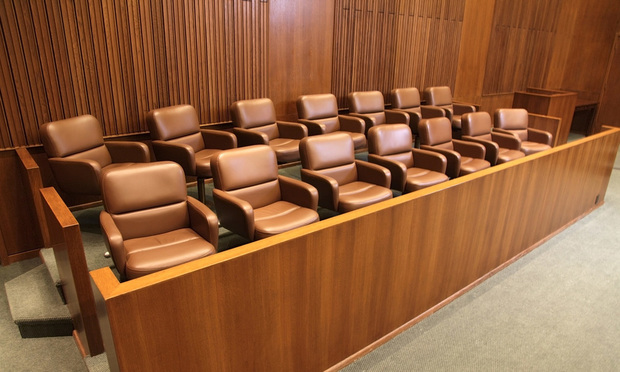A petition for a writ of mandamus currently pending before the Second Circuit has reignited an ancient debate over jury nullification—specifically, whether a jury may ever be informed of its power to nullify. In United States v. Manzano, the government has asked the Court of Appeals to command District of Connecticut Judge Stefan Underhill to: (1) bar defense counsel from arguing for jury nullification; and (2) preclude any mention of the applicable mandatory minimum sentences, which mention might itself prompt the jury to nullify.
The defendant in Manzano is charged with producing and transporting child pornography. The charges carry mandatory minimum prison terms of 15 years and 5 years, respectively, and arise from a year-long sexual relationship between the defendant and a 15-year-old. Originally prosecuted as statutory rape in state court, the defendant was indicted on the child pornography charges after the victim informed state authorities that she and the defendant had recorded themselves on the defendant’s phone having sex. Although the defendant had deleted the video from his phone, and is not alleged to have shared it with anyone or placed it on the Internet (the type of conduct Congress had in mind when it enacted the mandatory minimums at issue in this case), he failed to delete it from the phone’s back-up Google cloud account, where it was discovered by law enforcement.


 Photo: Jason Doiy
Photo: Jason Doiy




